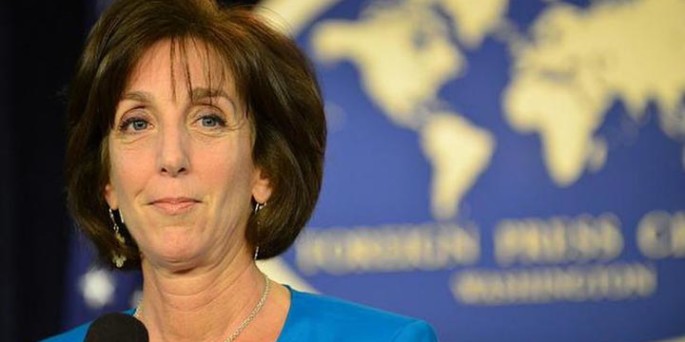
Roberta Jacobson: Benefits and costs of U.S. policy toward Cuba
HAVANA — The enemies of a reestablishment of relations between Cuba and the United States have spread the word that Roberta Jacobson’s nomination for ambassador to Mexico is a demonstration of an alleged retrogression of the process.
In fact, the opposite is true. Thanks to the success of her handling of the Cuban case, Jacobson has become one of the most renowned U.S. diplomats and that explains why she was selected for one of the most sensitive posts in U.S. foreign policy.
Geographic, economic and national security reasons have forever determined that Mexico be the main priority of U.S. foreign policy toward Latin America. All the more so when Mexico is going through a crisis of governance that is directly affecting the territory of the United States and its hemispheric relations.
Jacobson is considered to be one of the top U.S. experts on Mexico. Her work has been linked to that country ever since the start of her career in 1988, serving both Republican and Democratic administrations.
In 2002, she was named director of the State Department office that specifically deals with Mexico. That position involved her in the design and approval of the North American Free Trade Agreement (NAFTA), signed by the United States, Mexico and Canada, undoubtedly the States’ most important economic alliance in the region.
A similar experience tried to encompass the entire hemisphere, through the creation of the Free Trade Area of the Americas (FTAA), but the project collapsed because of the reluctance of most Latin American countries — expressed during the 2005 Summit of the Americas in Mar del Plata, Argentina — to take part in it.
That failed effort generated a process of Latin American integration that the U.S. has tried to counteract by creating the Pacific Alliance (PA) consisting of Chile, Colombia, Mexico and Peru, with Costa Rica and Panama as observers, where Mexico plays a determining role.
This alliance is supposed to lead toward an integration with the Trans-Pacific Alliance, formed by Chile, Peru, Mexico, a group of Asian countries and the United States, which, according to some analysts, seeks to limit the influence of China in both continents.
As it’s easily seen, Jacobson’s eventual presence in Mexico places her at the epicenter of U.S. foreign policy, and almost no one doubts that she’s best prepared for the task. In fact, the Mexican foreign ministry hastened to make public its approval of her nomination.
However, Roberta Jacobson’s confirmation will not have an easy passage through the U.S. Senate.
On one hand, because the Republican majority has made it a practice to reject practically all of the appointments made by the Democratic administration that require Senate approval. That happened with the Latino activist María Echaveste, nominated for the same post; she was forced to withdraw in view of Senate opposition.
On the other hand, because the Cuban-American senators in the far right will surely bait and harass Jacobson, the woman who symbolizes a change in policy toward Cuba that they couldn’t prevent.
As a result, it is not unreasonable to predict that Roberta Jacobson will have to pay for her skill in the process of normalization of U.S.-Cuba relations and suffer in the flesh the consequences of a political polarization that is increasingly making the U.S. system more dysfunctional.


